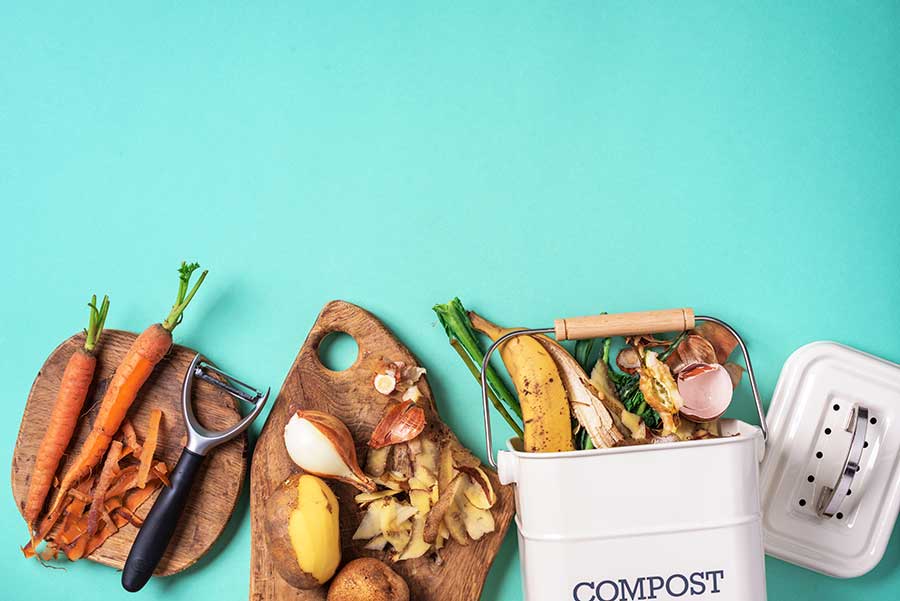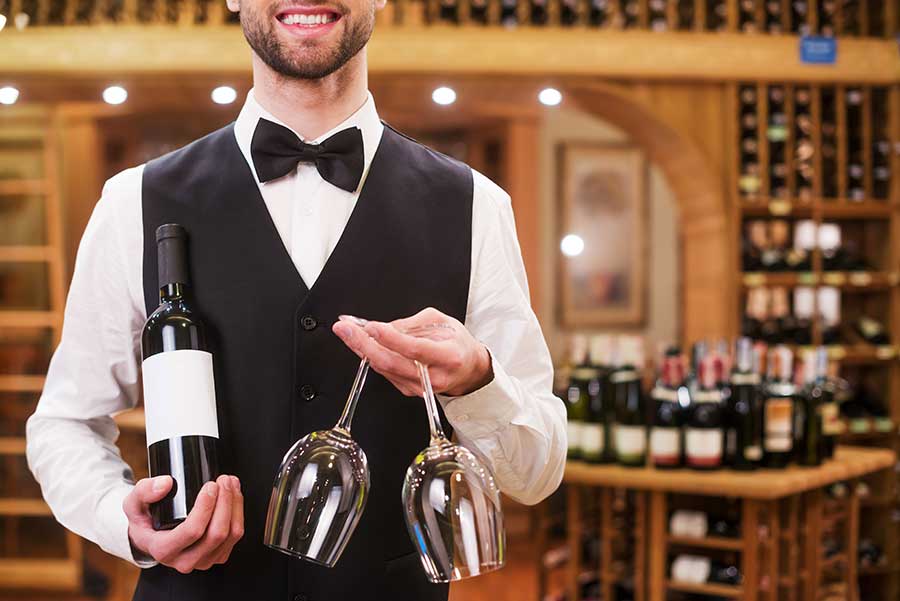

Good service in a restaurant can include a variety of factors, including:
This includes refilling drinks without being asked, bringing extra utensils or napkins as needed, and generally anticipating the customer’s needs.
Waitstaff needs to pay attention to detail and anticipate the customer’s needs, but they should also be mindful of not being overbearing. Customers should feel like they have the space and time to enjoy their meal and have a conversation without feeling like they are being constantly monitored or interrupted.
One way for waitstaff to strike a balance is to check in with the table regularly and allow customers to signal if they need something or have any questions or concerns. For example, the waitstaff could ask if everything is going well or if there is anything else the customer needs, but also allow them to wave or make eye contact if they need anything.
It’s also essential for waitstaff to be mindful of body language and nonverbal cues, as these can often be more informative than words regarding how the customer feels and what they need.
Waitstaff should be friendly and professional in their interactions with customers, greeting them warmly and addressing them by name if possible.
Friendliness and professionalism are essential for waitstaff to create a positive and enjoyable dining experience for customers. However, it’s also important for waitstaff to be mindful of not crossing the line into overfamiliarity, as this can make some customers feel uncomfortable or disrespected.
To strike a balance between friendliness and professionalism, waitstaff should be polite and respectful in their interactions with customers, using proper titles and formally addressing them unless the customer indicates otherwise. They should also be mindful of personal space and boundaries and avoid making overly personal comments or jokes.
It’s also important for waitstaff to be aware of cultural differences and to adapt their approach accordingly. What might be considered friendly and familiar in one culture might be seen as inappropriate or even rude in another.
Waitstaff should be attentive and responsive, ensuring that food and drinks are served in a timely manner and that any issues or concerns are promptly addressed.
Timeliness is an essential factor in good service, as customers expect their food and drinks to be served in a timely manner. However, it’s also important for waitstaff not to rush customers or make them feel like they need to hurry through their meal.
One way to balance timeliness with allowing customers to relax and enjoy their meal is for waitstaff to check in at regular intervals. They also enable customers to signal if they need more time or have any questions or concerns. Waitstaff can also be mindful of body language and nonverbal cues, as these can often be more informative than words regarding how the customer feels and what they need.
It’s also important for waitstaff to be aware of the meal’s pace and adjust their service accordingly. For example, if the restaurant is busy and tables are turning over quickly, the waitstaff may need to be more proactive in keeping things moving. Still, if the restaurant is less busy and there are fewer tables, they can take a more relaxed approach.
Waitstaff should be knowledgeable about the menu and able to answer questions about ingredients, preparation methods, and recommendations.
Good knowledge of the menu is an important aspect of exemplary service in a restaurant, as customers often rely on the waitstaff for information about ingredients, preparation methods, and recommendations.
Waitstaff should be able to answer questions about the menu knowledgeably and confidently and make recommendations based on the preferences and dietary needs of the customer. They should also be able to provide information about any specials or limited-time offerings and make substitutions or accommodate requests for modifications as needed.
In addition to knowing the menu, it can also be helpful for waitstaff to have a general knowledge of food and cooking techniques, as this can help them provide more detailed and accurate information to customers. This can include knowing the difference between different cuts of meat, the characteristics of different types of cheese, or the various cooking methods used in the kitchen.
The restaurant should be clean and well-maintained, with tables and chairs that are comfortable and free of clutter.
Cleanliness is an important factor in good service in a restaurant, as it can greatly impact the overall dining experience. A clean and well-maintained restaurant will create a more pleasant and inviting atmosphere, while a dirty or poorly maintained restaurant can turn customers off.
To ensure cleanliness in a restaurant, it’s important for the waitstaff to keep tables and chairs clean and free of clutter and to promptly clear away dishes and glasses as soon as the customer finishes their meal. The waitstaff should also be aware of any spills or messes and clean them up immediately to prevent accidents or injuries.
In addition to the waitstaff, the restaurant’s kitchen and other areas should also be clean and well-maintained. This includes regularly cleaning and sanitizing surfaces, equipment, and utensils, as well as ensuring that food is stored and prepared safely and in accordance with food safety regulations.
Respect for the customer is an important aspect of good service in a restaurant, as it helps create a positive and enjoyable dining experience. This includes treating customers with kindness and consideration and being mindful of their needs and preferences.
Waitstaff should be polite and respectful in their interactions with customers, using proper titles and formally addressing them unless the customer indicates otherwise. They should also be mindful of personal space and boundaries and avoid making overly personal comments or jokes.
In addition to being respectful in customer interactions, waitstaff should also be mindful of the customer’s privacy and confidentiality. They should not discuss the customer or their dining experience with others and should be careful not to share sensitive or personal information.
Having a good relationship with the kitchen can be helpful for waitstaff in providing good service to customers. A well-organized and efficient kitchen can help ensure that food is prepared and served in a timely manner, which can contribute to a positive dining experience for the customer.
It can also help ensure that the customer’s needs and preferences are considered when preparing their food.
With good communication skills between the two departments, it is easier to ensure that special requests or dietary restrictions are adequately addressed, which can help prevent mistakes or misunderstandings.
In addition, a good relationship between the waitstaff and the kitchen can also help foster a sense of teamwork and collaboration, which can lead to a more harmonious and efficient workplace. This can benefit both the waitstaff and the kitchen staff, resulting in a better dining experience for the customer.
Overall, good service in a restaurant is about creating a positive and enjoyable experience for the customer and ensuring that they feel welcomed and well taken care of.
